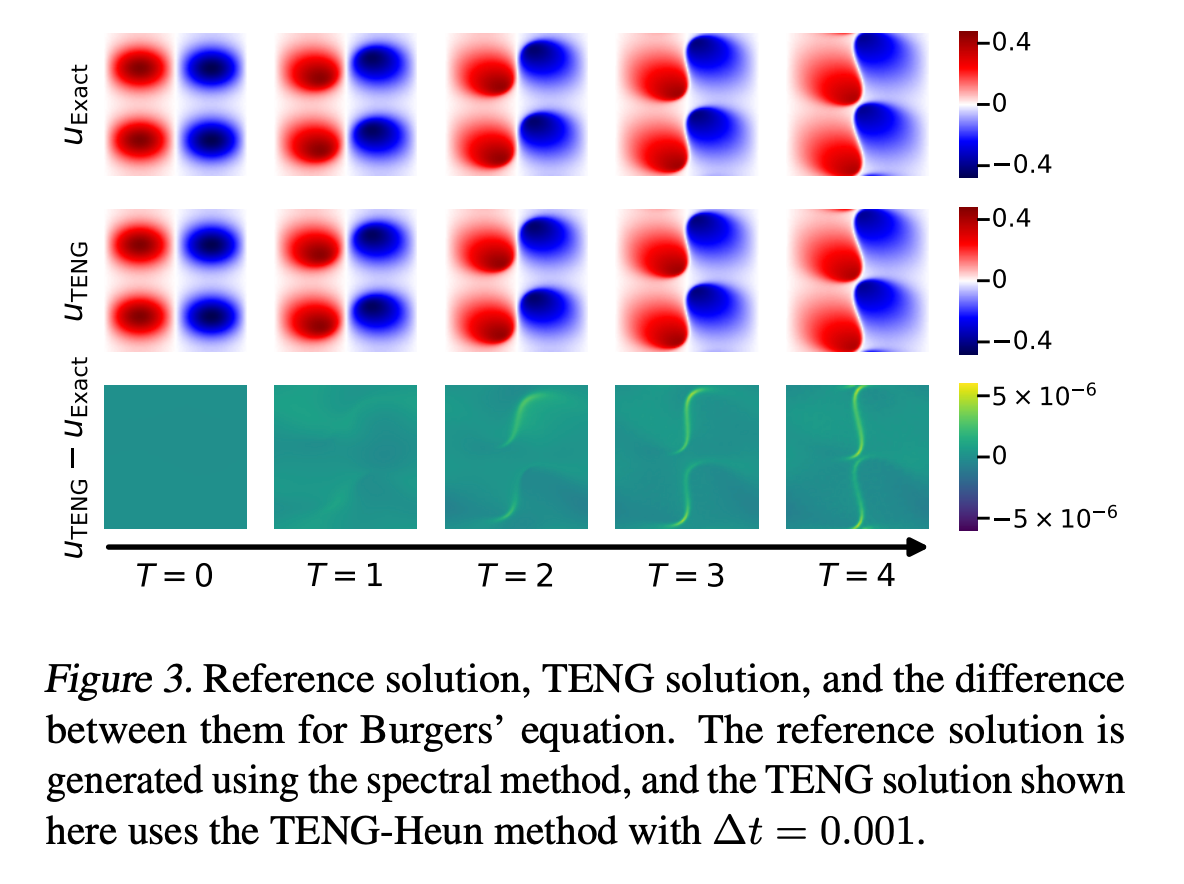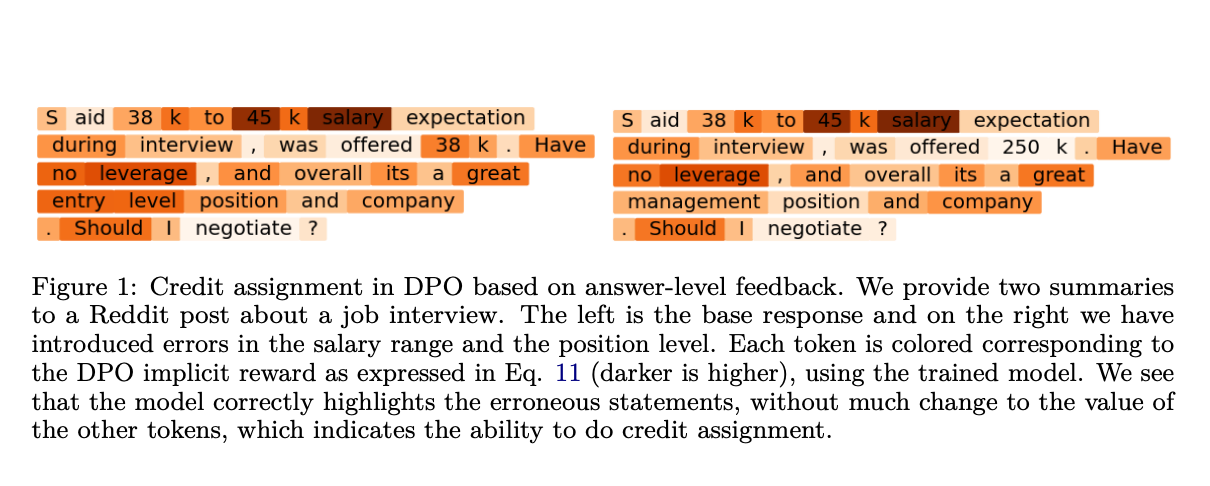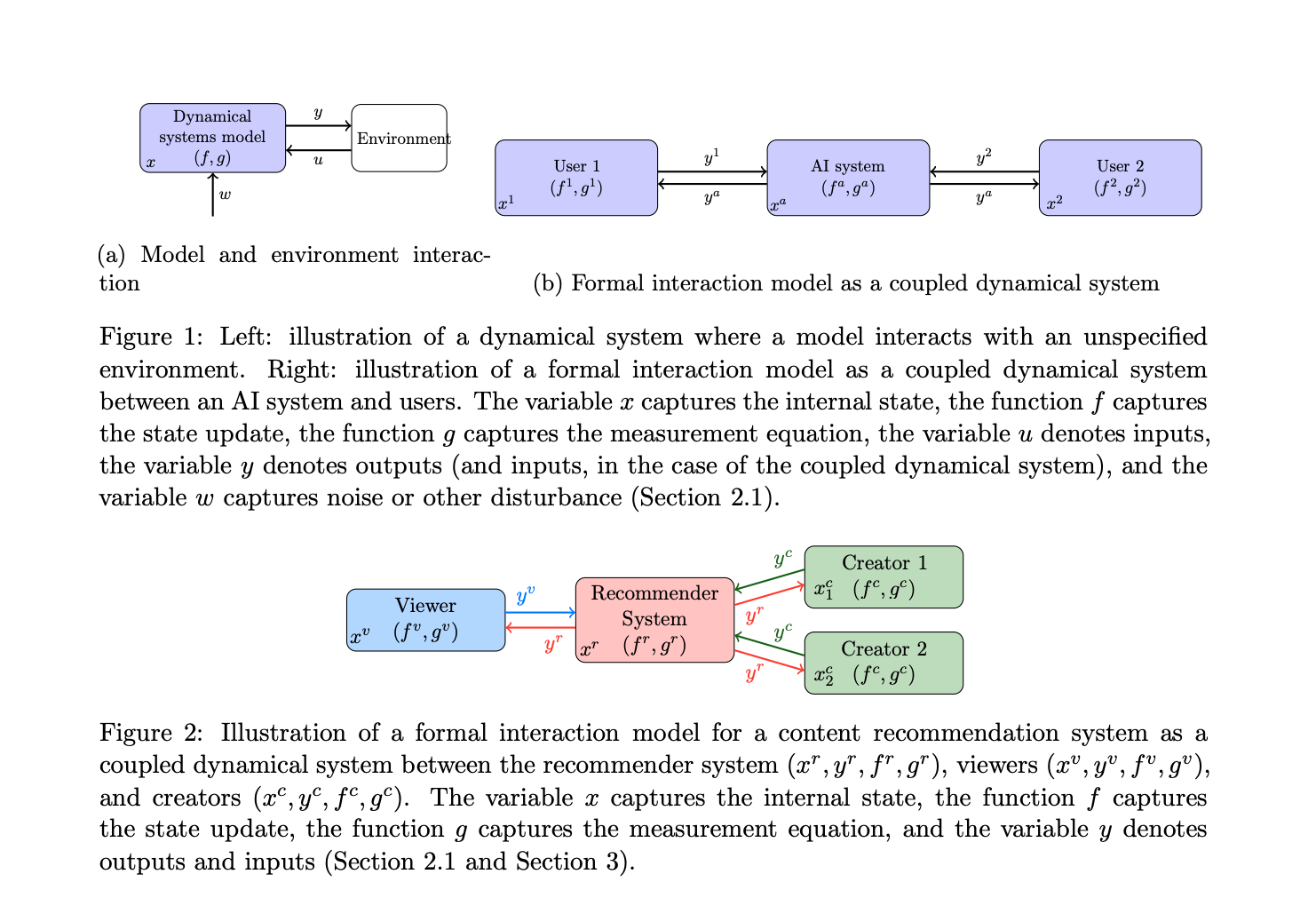DataSP: A Differentiable All-to-All Shortest Path Machine Learning Algorithm to Facilitate Learning Latent Costs from Trajectories

In traffic management and urban planning, the ability to learn optimal routes from demonstrations conditioned on contextual features holds significant promise. As underscored by previous research endeavors, this methodology rests on the assumption that agents seek to optimize a latent cost when navigating from one point to another.
Factors such as trip duration, comfort, toll prices, and distance often contribute to these latent costs, shaping individuals’ decision-making processes. Consequently, understanding and recovering these latent costs offer insights into decision-making mechanisms and pave the way for enhancing traffic flow management by anticipating congestion and offering real-time navigational guidance.
Inverse reinforcement learning has emerged as a popular technique for learning the costs associated with different routes or transitions from observed trajectories. However, traditional methods often simplify the learning process by assuming a linear latent cost, which might not capture the complexities of real-world scenarios. Recent advancements have seen the integration of neural networks with combinatorial solvers to learn from contextual features and combinatorial solutions end-to-end. Despite their innovation, these methods encounter scalability challenges, particularly when dealing with many trajectories.
In response to these challenges, a novel method is proposed in a recent study. Their method aims to learn latent costs from observed trajectories by encoding them into frequencies of observed shortcuts. Their approach leverages the Floyd-Warshall algorithm, renowned for its ability to solve all-to-all shortest path problems in a single run based on shortcuts. By differentiating through the Floyd-Warshall algorithm, the proposed method enables the learning process to capture substantial information about latent costs within the graph structure in a single step.
However, differentiating through the Floyd-Warshall algorithm poses its own set of challenges. Firstly, gradients computed from path solutions are often non-informative due to their combinatorial nature. Secondly, the exact solutions provided by the Floyd-Warshall algorithm may need to align with the assumption of optimal demonstrations, as observed in human behavior.
To address these issues, the researchers introduce DataSP, a Differentiable all-to-all Shortest Path algorithm that serves as a probabilistic and differentiable adaptation of the Floyd-Warshall algorithm. By incorporating smooth approximations for essential operators, DataSP enables informative backpropagation through shortest-path computation.
Overall, the proposed methodology facilitates learning latent costs and proves effective in predicting likely trajectories and inferring probable destinations or future nodes. By bridging neural network architectures with DataSP, researchers can delve into non-linear representations of latent edges’ costs based on contextual features, thus offering a more comprehensive understanding of decision-making processes in traffic management and urban planning.
Check out the Paper. All credit for this research goes to the researchers of this project. Also, don’t forget to follow us on Twitter. Join our Telegram Channel, Discord Channel, and LinkedIn Group.
If you like our work, you will love our newsletter..
Don’t Forget to join our 42k+ ML SubReddit
Arshad is an intern at MarktechPost. He is currently pursuing his Int. MSc Physics from the Indian Institute of Technology Kharagpur. Understanding things to the fundamental level leads to new discoveries which lead to advancement in technology. He is passionate about understanding the nature fundamentally with the help of tools like mathematical models, ML models and AI.











